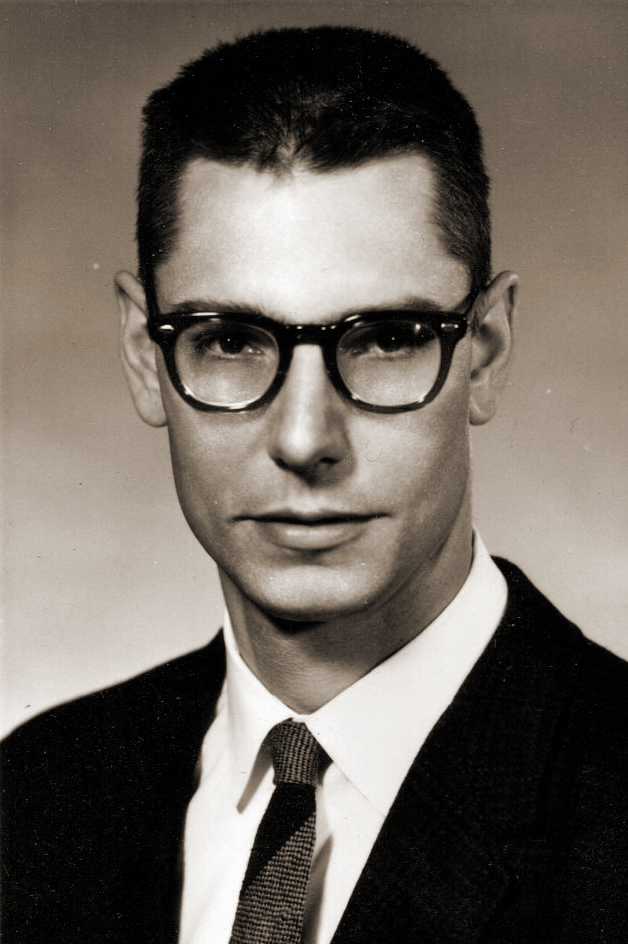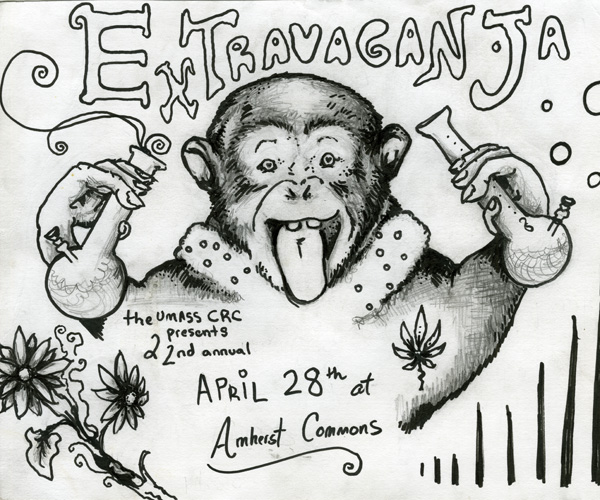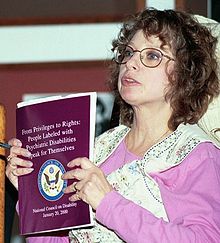Albert W. Burgstahler Papers

Access restrictions: Temporarily stored offsite; contact SCUA in advance to request materials from this collection.
The chemist and ardent opponent of fluoridation of drinking water, Albert W. Burgstahler was born in Grand Rapids, Mich., in 1928. After receiving degrees from Notre Dame (BS 1949) and Harvard (PhD 1953), he embarked on a productive career of over forty years at the University of Kansas. His research in the synthesis and chemistry of natural products and the biological properties of fluorinated amino acids, led Burgstahler to a keen interest in environmental pollutants, particularly fluorides, and from the mid-1960s on, he enjoyed a reputation as one of the most prominent and prolific scientific voices opposing fluoridation. His efforts and long service as editor and chief of the International Society for Fluoride Research’s quarterly journal, Fluoride, was formally recognized by the Fluoride Action Network in 2006, which awarded him its Scientific Integrity Award. Burgstahler retired from KU in 1998 and died on Oct. 12, 2013.
A large and diverse assemblage, the Burgstahler collection reflects the career of a stalwart in the anti-fluoridation movement. Spanning nearly five decades, the correspondence, publications, and research offer a perspective on Burgstahler’s activism in science and public policy and documents his association with other anti-fluoridation activists, including George Waldbott and Paul Connett.



